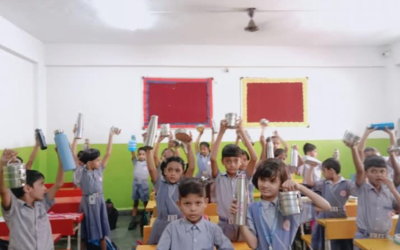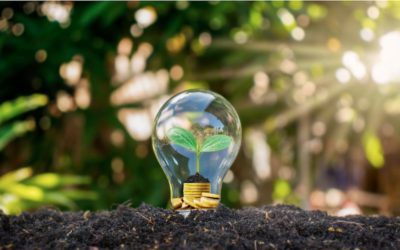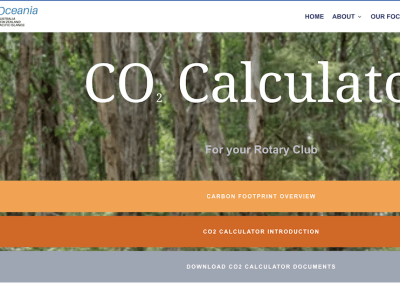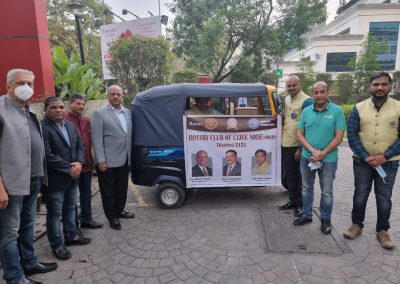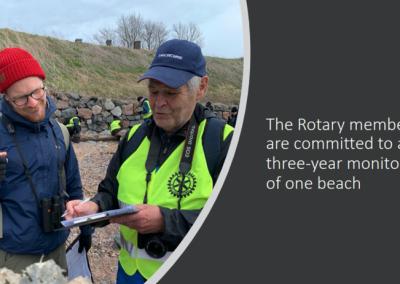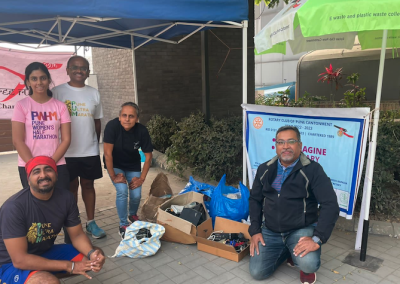THEME
Sustainable Living
Living sustainably within the planetary boundaries.
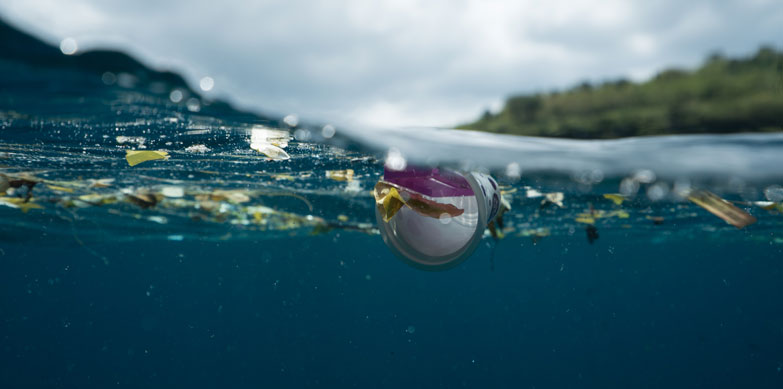
WHAT IS IT?
Sustainable Living at ESRAG
How does sustainable living benefit humanity?
Nature has a finite capacity to regenerate itself in the face of pressures on its land, water and air resources. Human communities have been using resources and living beyond nature’s capacity to absorb the greenhouse gasses and other pollution resulting from our lifestyles and economic endeavors. Adjustments to the way in which we interact with nature are urgently needed to restore the environmental conditions essential to providing the food we need and the conditions in which our economies can thrive. Those conditions include clean air, sufficient supplies of safe water, ambient temperatures compatible with human life, and resilient infrastructure. ESRAG connects you to the rigorous research that regions, nations, and communities are using to see which factors we can modify to be able to live within the limits of our planetary home to sustain our lives.
SUSTAINABLE LIVING
Learn more
Empowering Youth for a Greener Future: Mission LiFE in Action
As the world grapples with climate change, environmental degradation, and resource depletion, the importance of sustainable living has never been more urgent. Recognizing this, Rotary District 3131's Environment Committee launched Mission LiFE, an innovative...
Powering Sustainable Living: ESRAG’s Renewable Energy Task Force
Sustainable living is about meeting our current needs without compromising the ability of future generations to meet theirs. It emphasizes minimizing our environmental impact by conserving natural resources, reducing waste, and opting for renewable energy sources. In...
Plant Based recipe: Pasta Fagioli-One Pot by Joan Marie Gagnon
This recipe is based on traditional pasta fagioli but customized to what’s in my refrigerator and cabinets. It serves four large or eight small portions. Ingredients: *1 stock celery or one large carrot * 1 red or green pepper *1/2 yellow or red onion 1 cup of dry...
Take Action on Sustainable Living
Rotarians have wonderful networks as trusted leaders in business, research, and civic engagement at every level of society, from local communities to multinational organizations. We also work well across every possible divide by applying the ethics of the Four-Way Test. You can use these strengths to inform and equip stakeholders by using tools like the En-Roads Climate Simulator and the Global Footprint Network’s Ecological Footprint Tracker. Rotary Clubs, Districts, and ESRAG Regional Chapters are also spearheading effective solutions to reduce the strain of human activity through initiatives like the Plant-Rich Diet, Solvatten solar water heater, electric charging stations, and cleaner cookstoves.
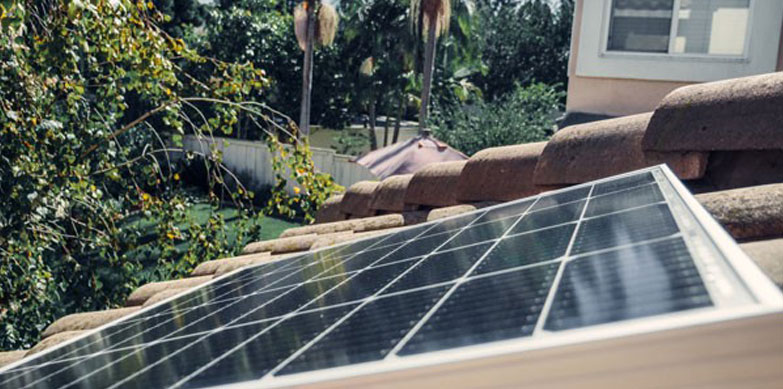
Renewable Energy
To encourage, educate and offer support for those involved in renewable energy projects worldwide.
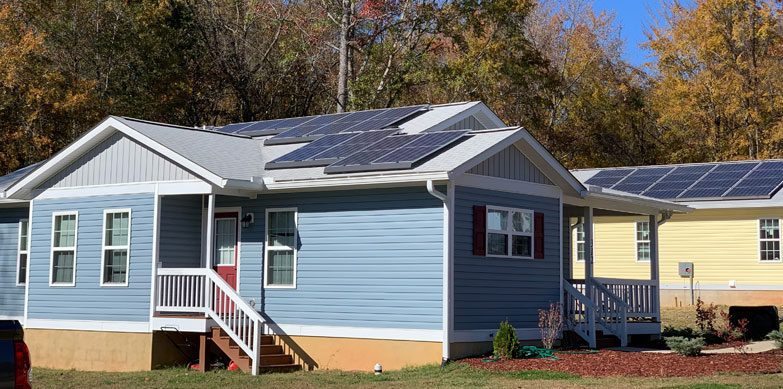
Habitat Solar
Address energy povery for Habitat for Humanity, low income, home owners.
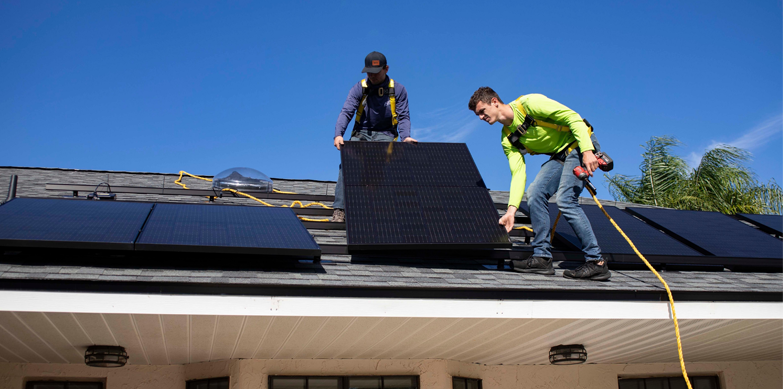
Million Solar Panels
Fighting climate change one solar panel at a time.
SUSTAINABLE LIVING
Featured Projects
Projects surrounding sustainable living.
SUSTAINABLE LIVING IMPACT
Resources
“Each one of us matters, has a role to play, and makes a
difference. Each one of us must take responsibility for our
own lives, and above all, show respect and love for living
things around us, especially each other.”
– Jane Goodall
UN Sustainable Development Goals
The UN’s goals for sustainable development must lead the world in a new sustainable direction. From an unsustainable direction of travel with climate change, extreme weather, plastic in the oceans, and a drastically reduced biodiversity. The 17 goals, with 169 sub-goals, span economic, social, and ecological sustainability. The goal is to create a fairer, more equal, and safer planet where future generations can also live a good life.
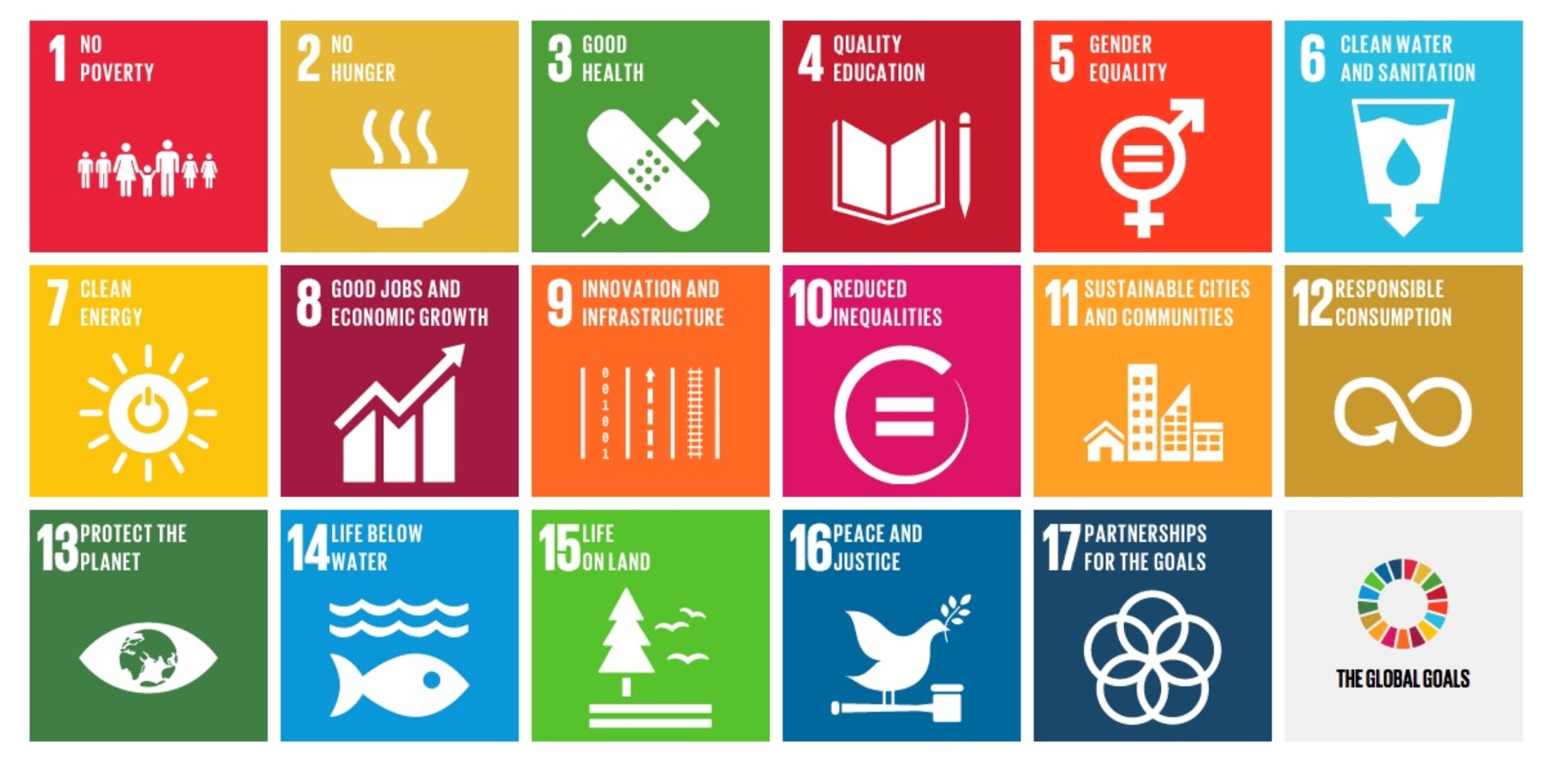
Planetary Boundaries
Healthy and viable ecosystems are dependent on stable conditions in our earth systems, more known as the Planetary Boundaries. There are 9 vital and interacting environmental processes that life is dependent on.
The preconditions for creating social and economic welfare is a nature in balance. That is not the case today. Climate change, loss of biodiversity, dispersal of toxic substances and overexploitation of resources threatens life on earth. More extreme weather and declining biodiversity lead to reduced access to clean water and food, more spread of diseases, inhibited economic development, destabilization and conflicts. Economic, social and environmental are deeply interdependent and interacting with each other.
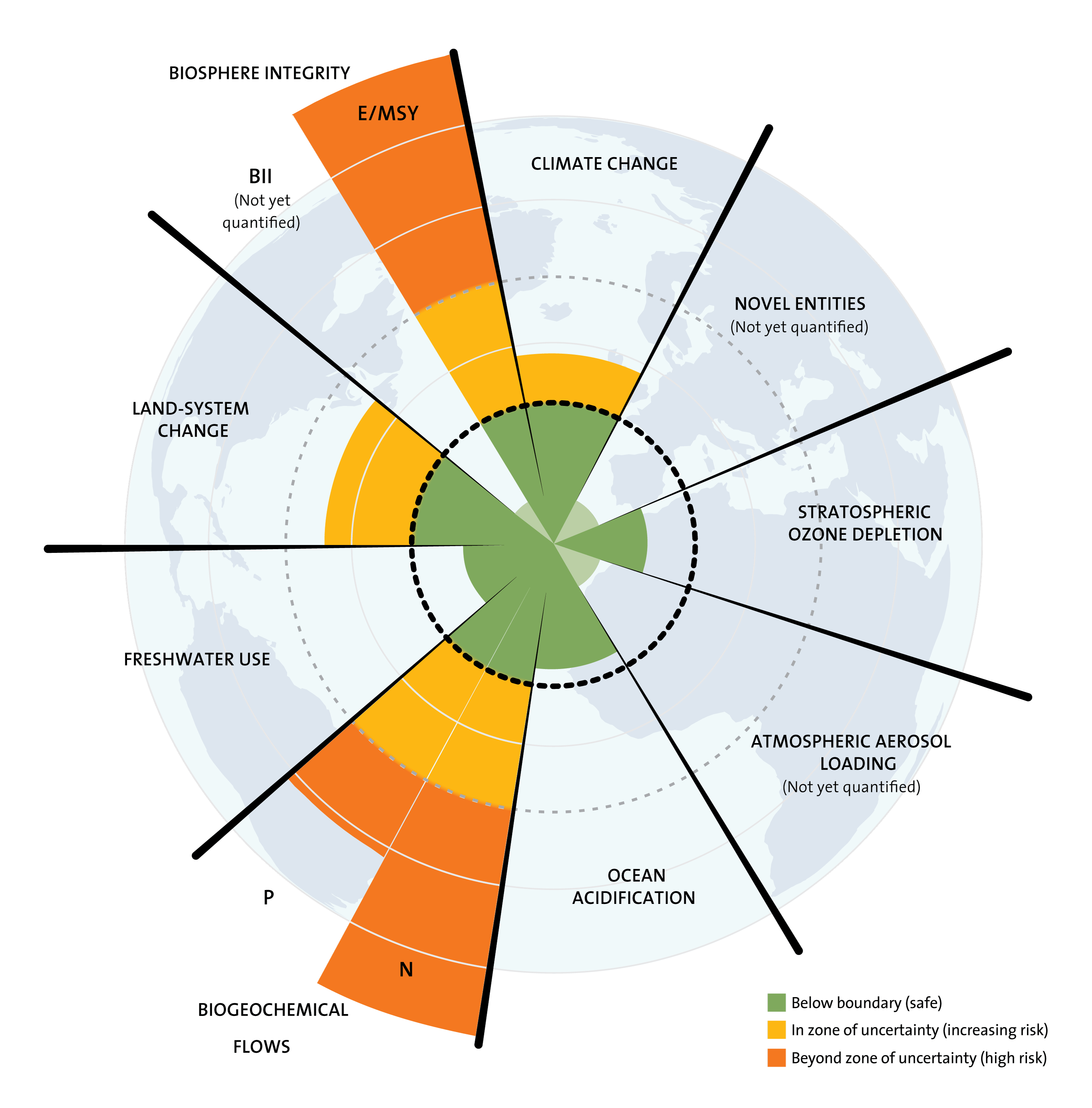
SUSTAINABLE LIVING
Featured Events


